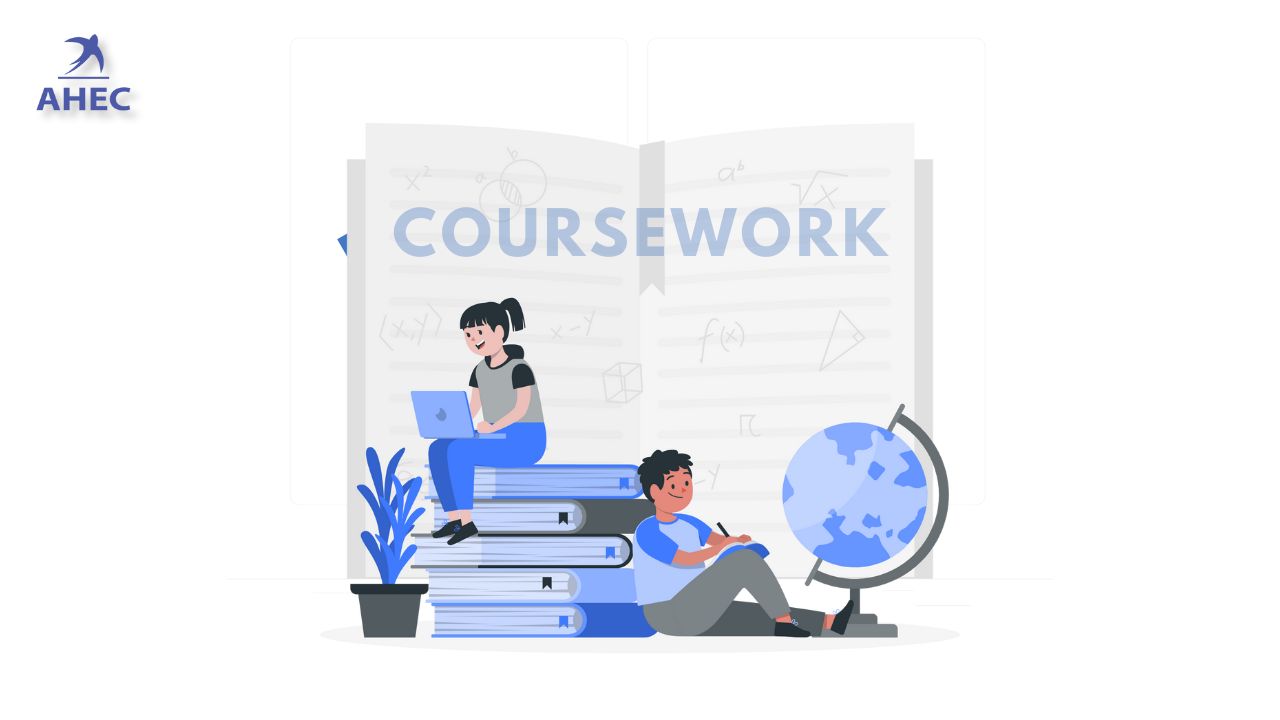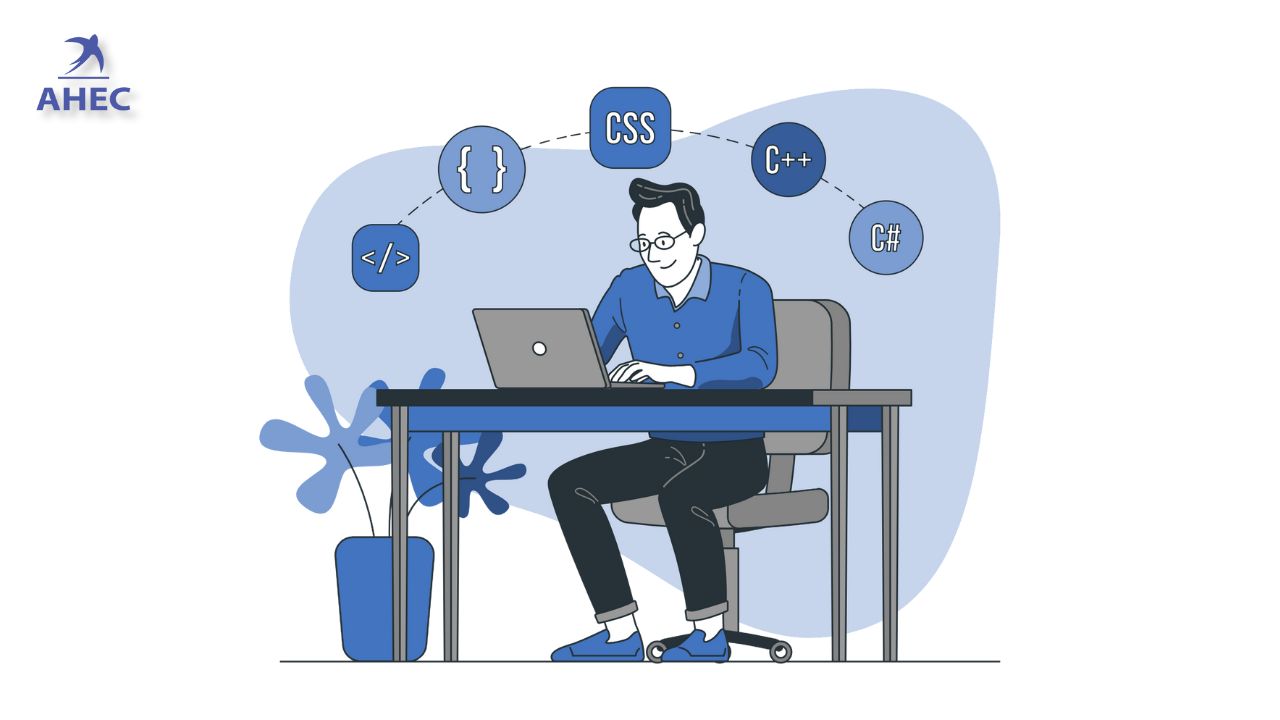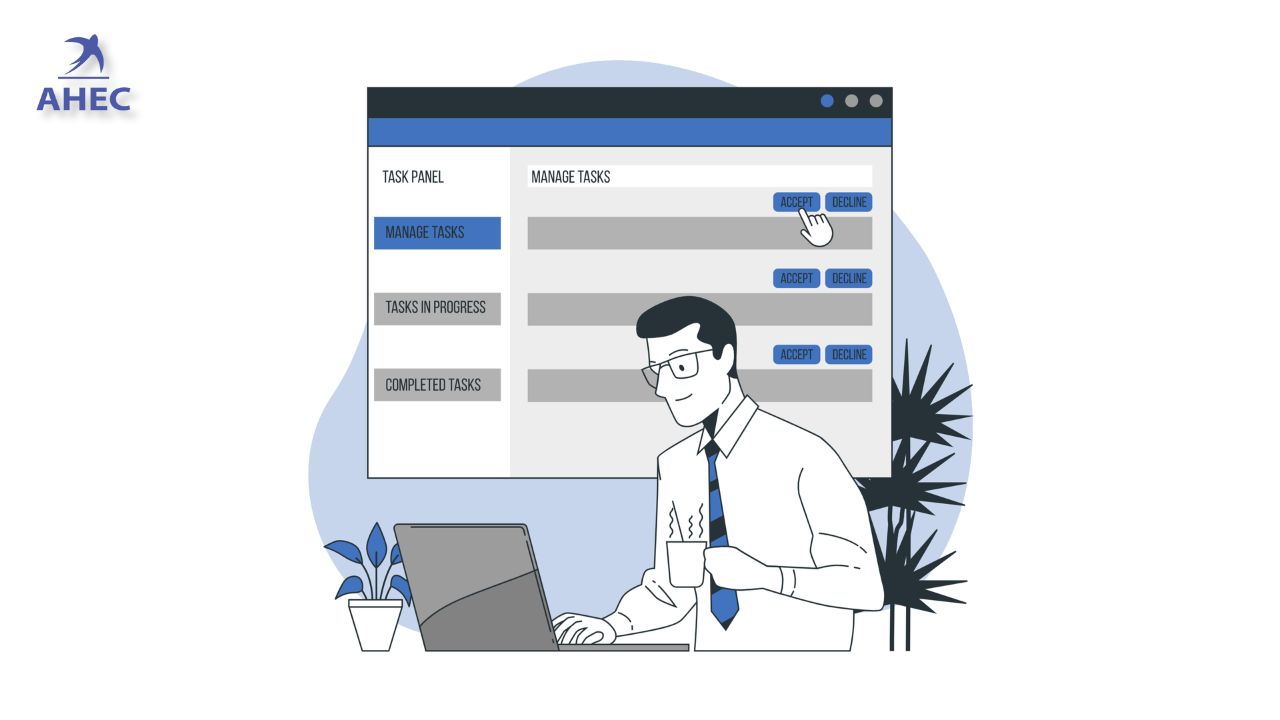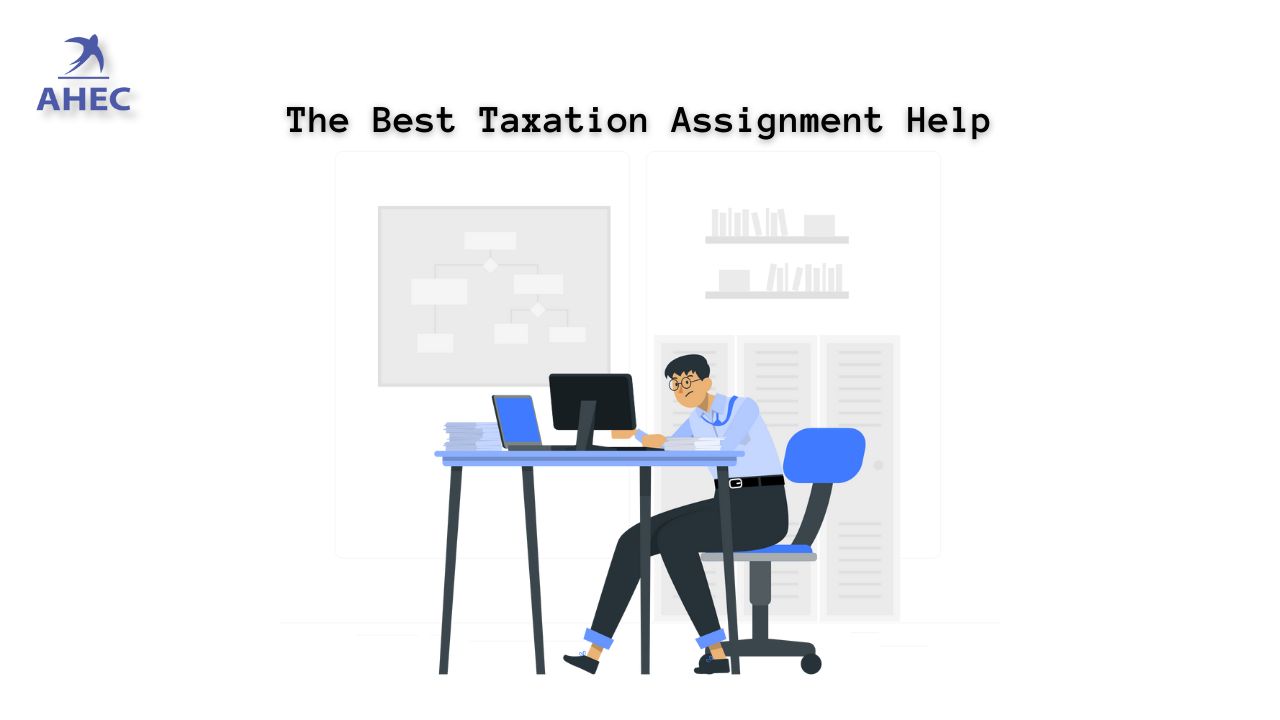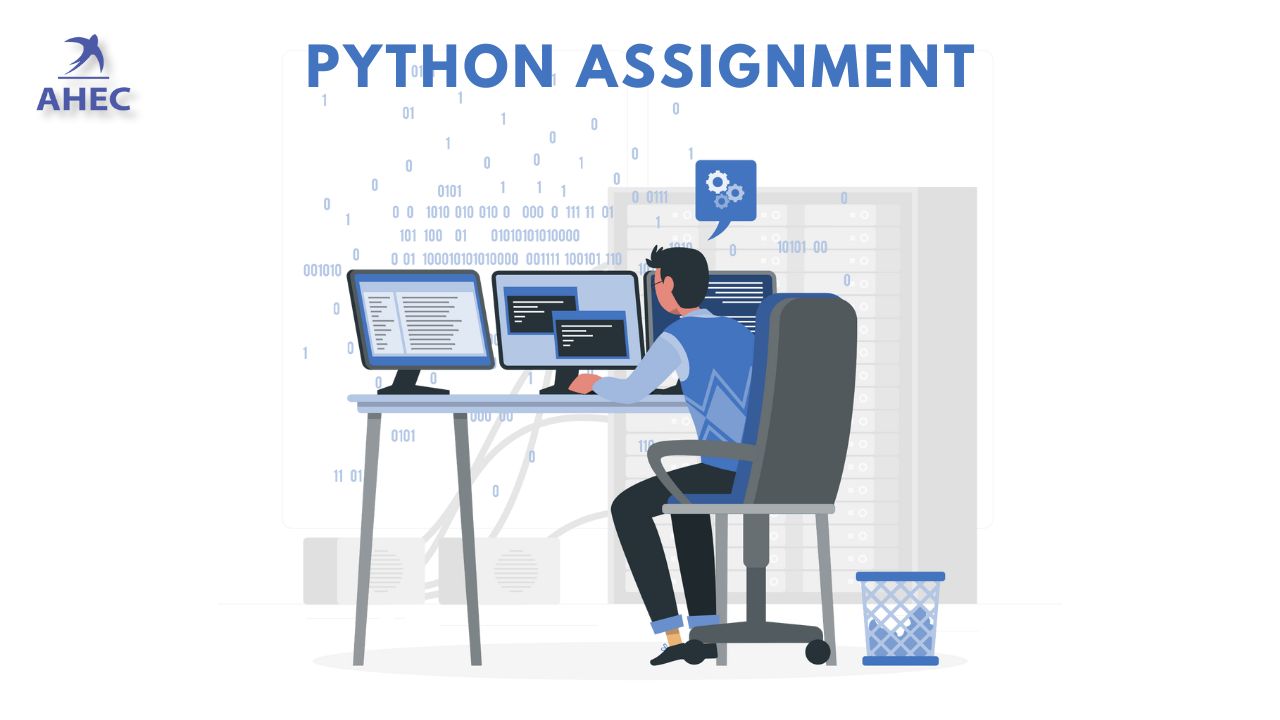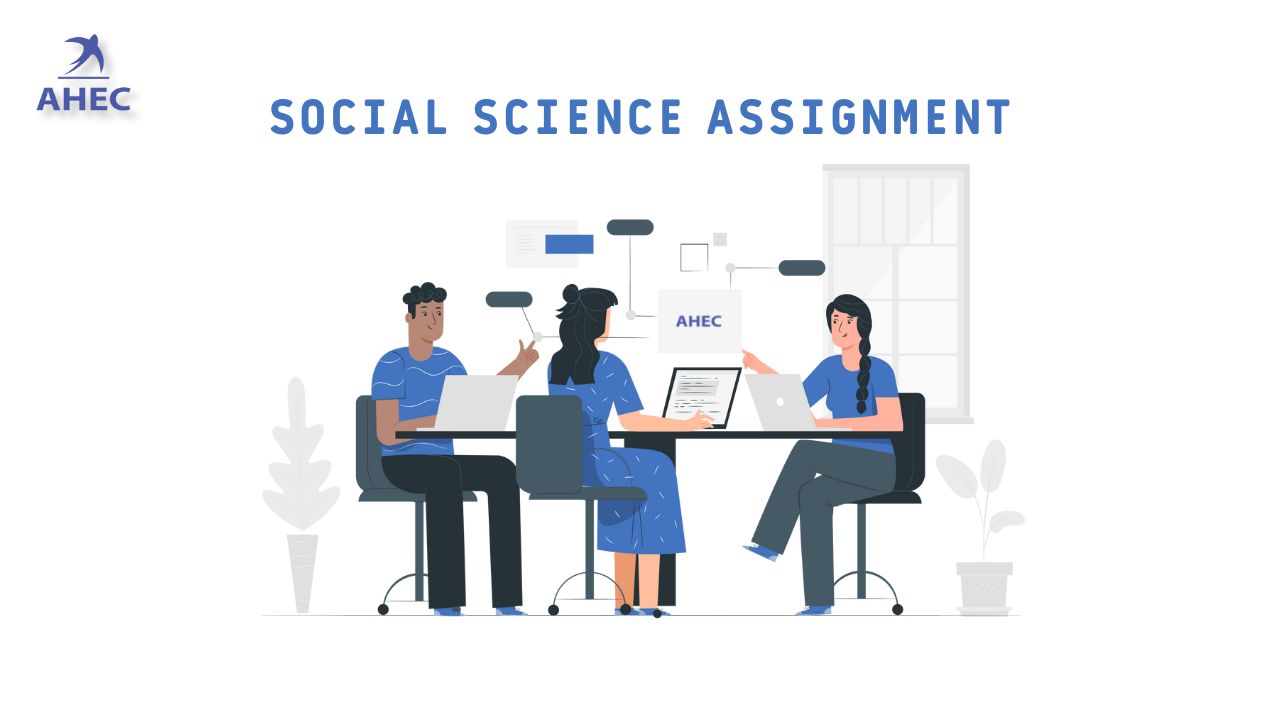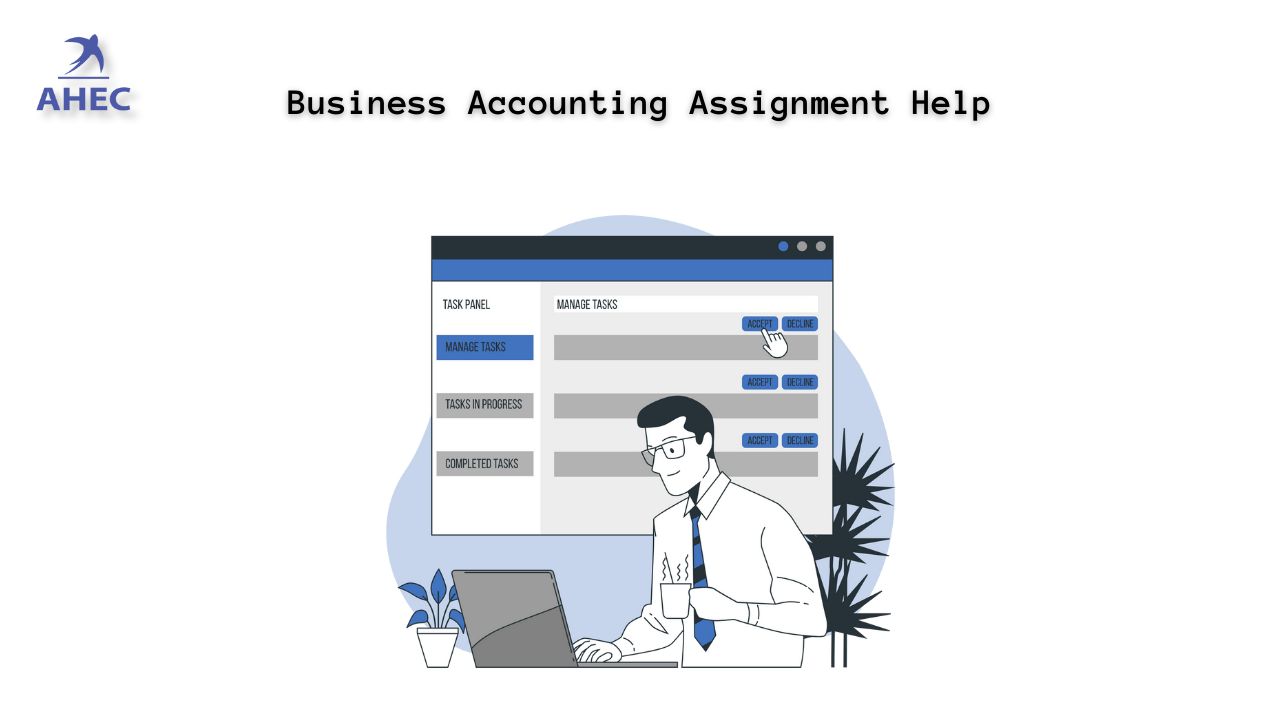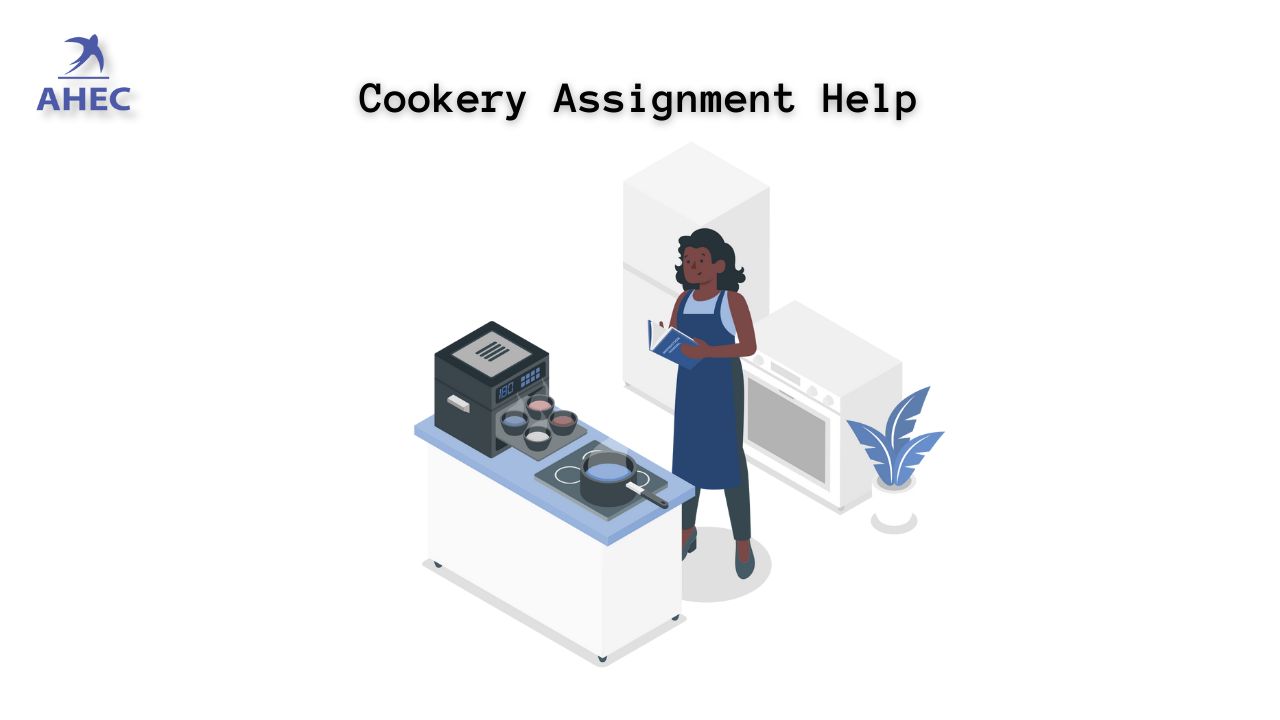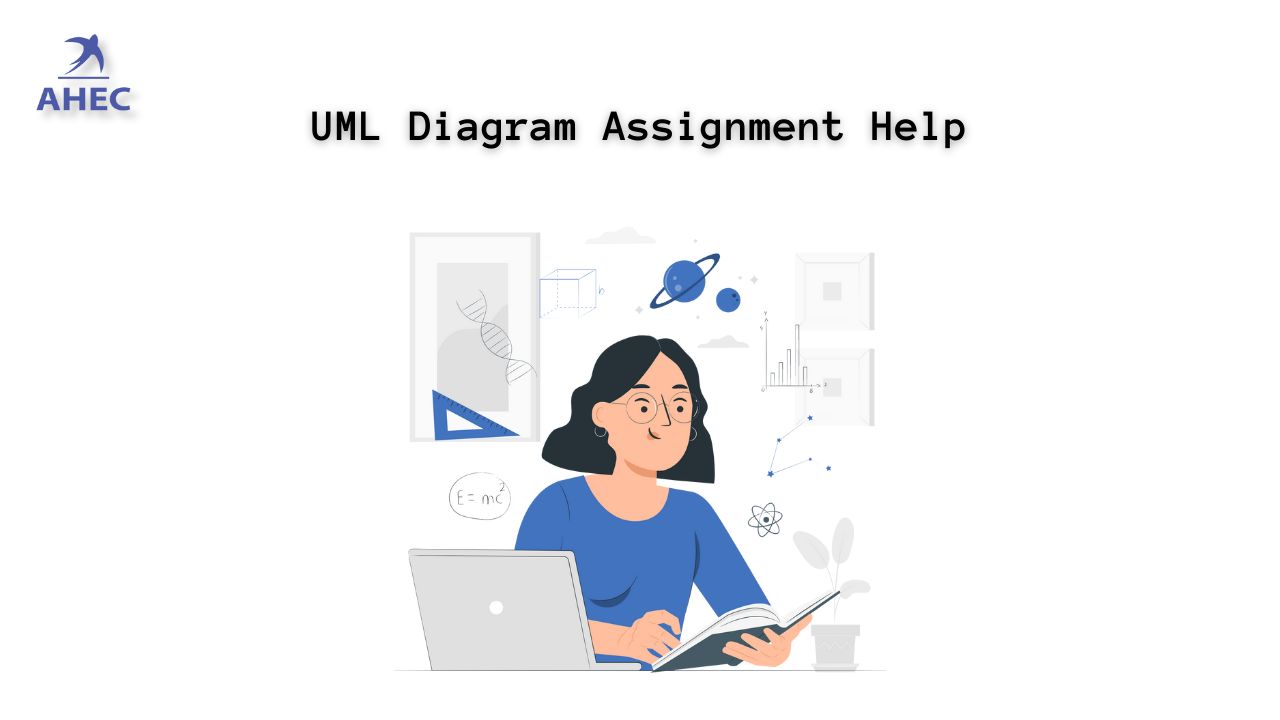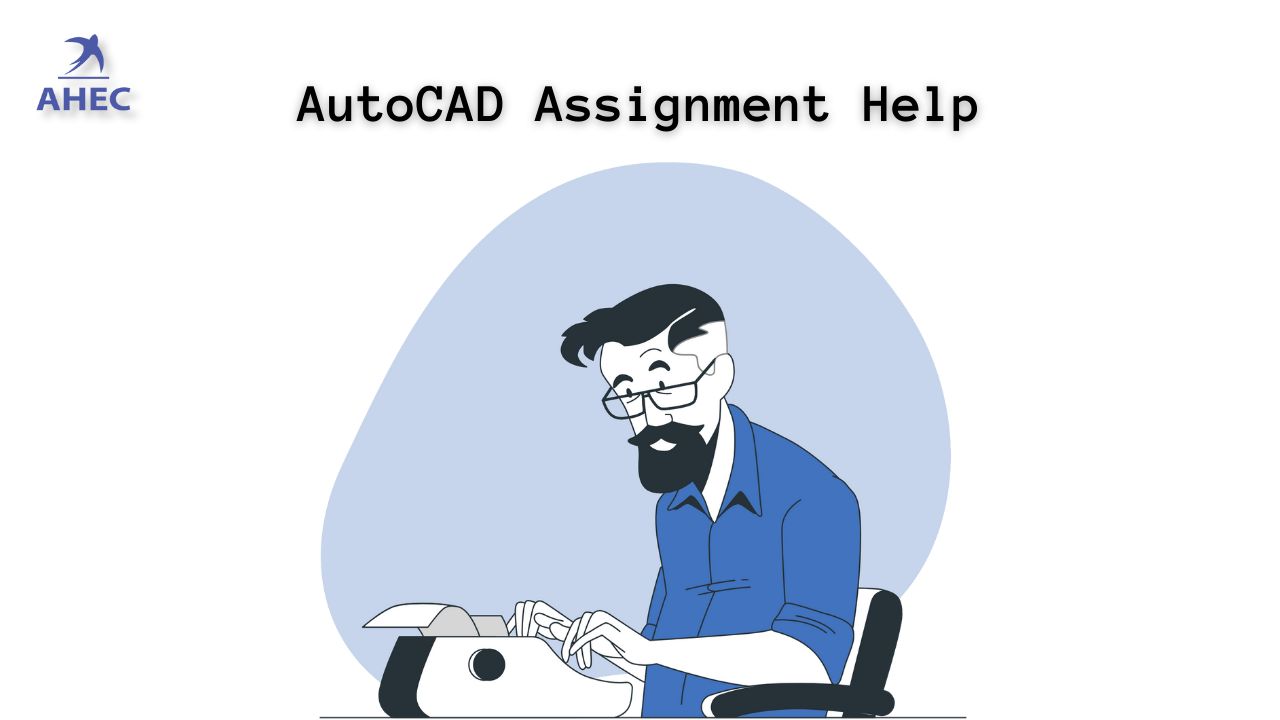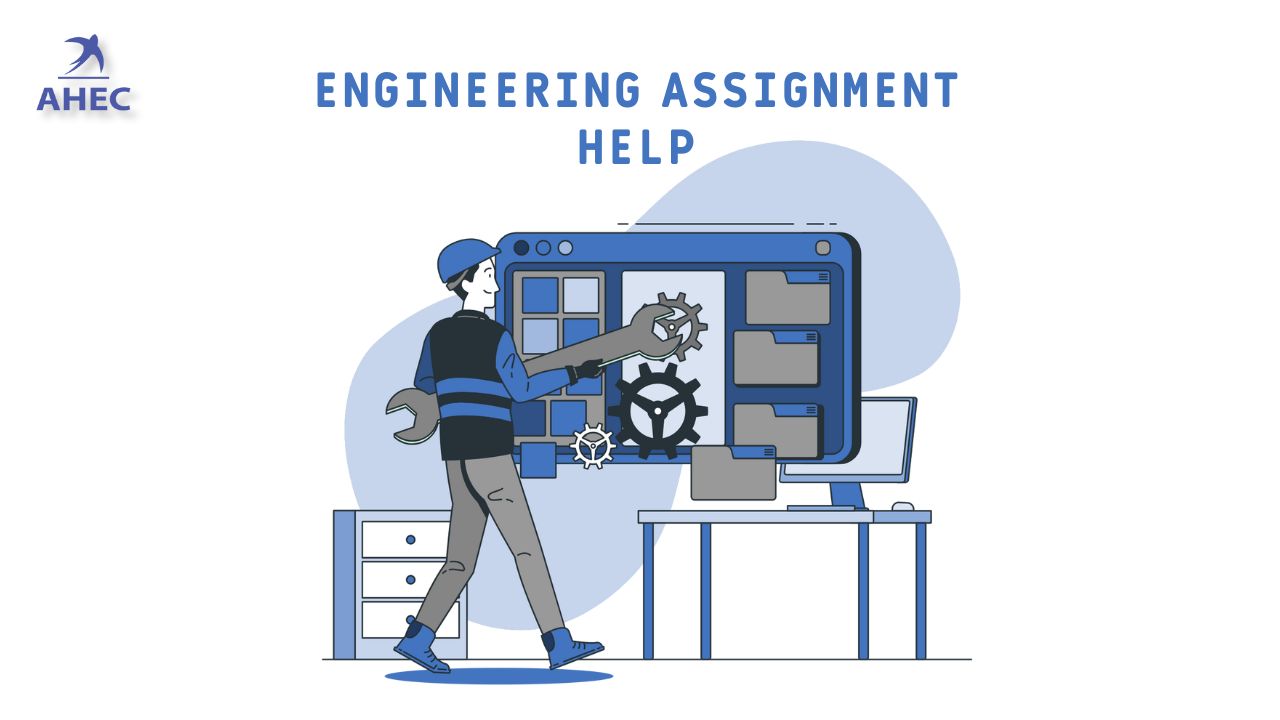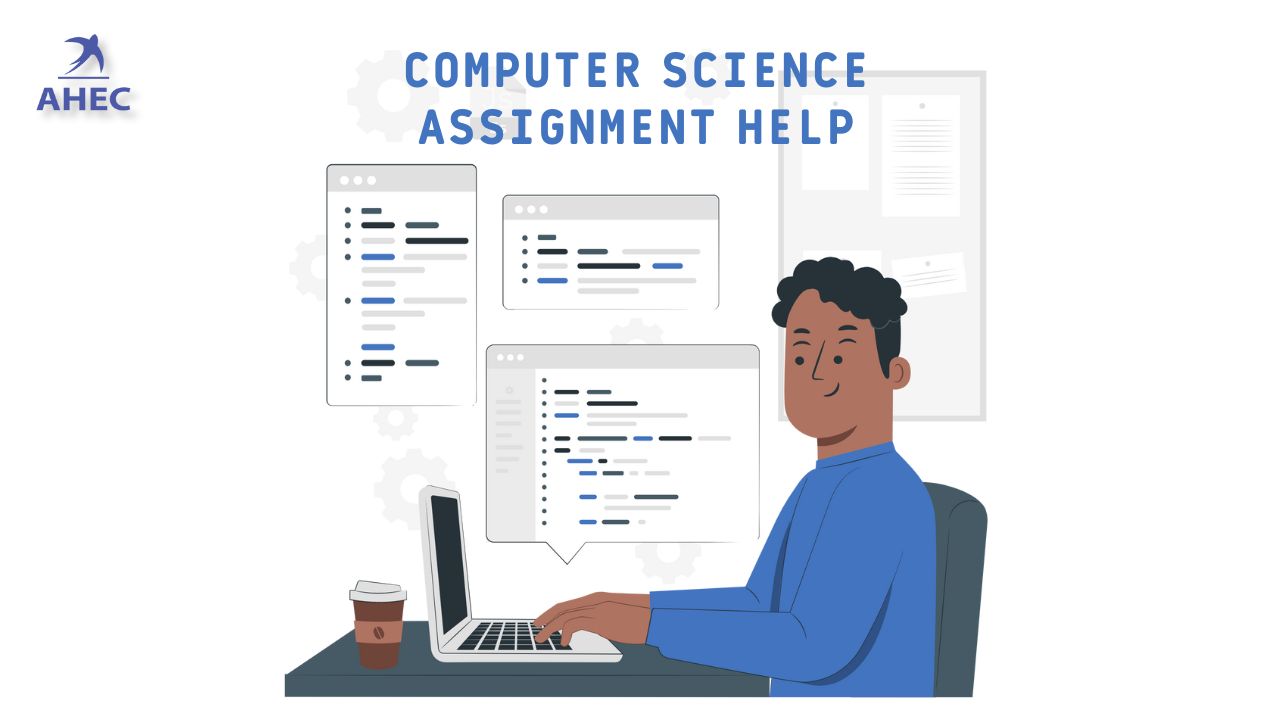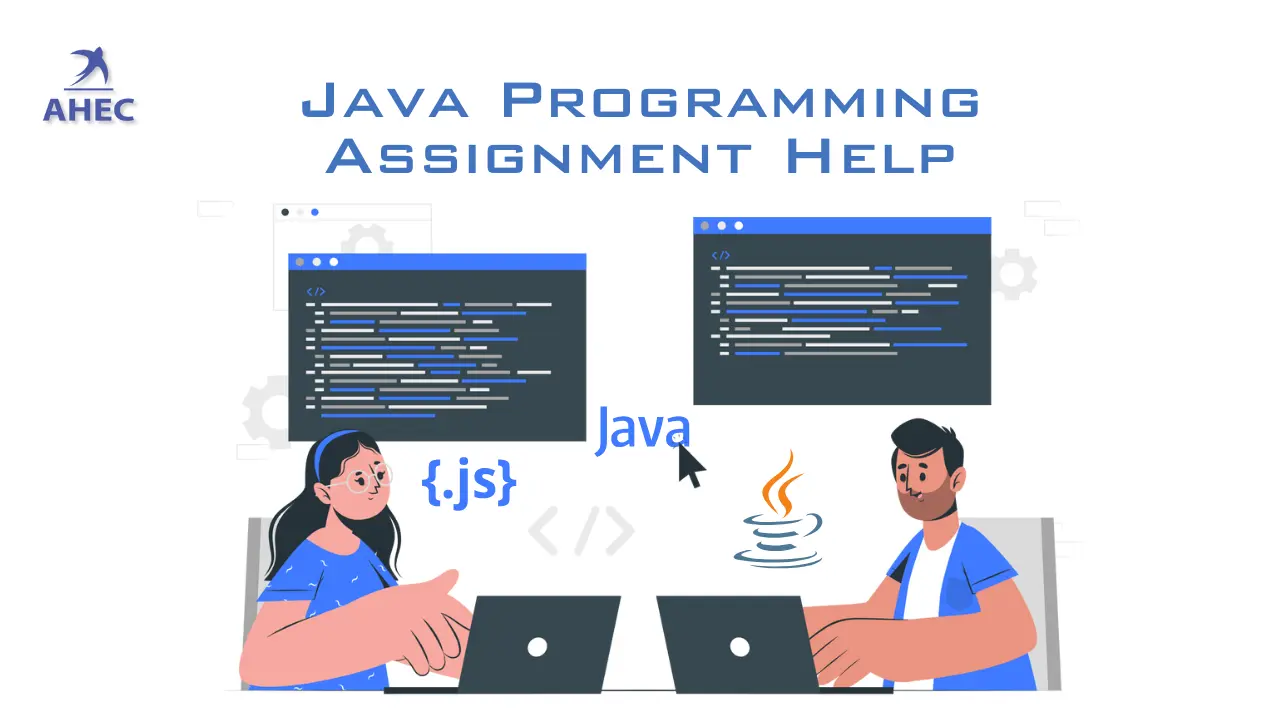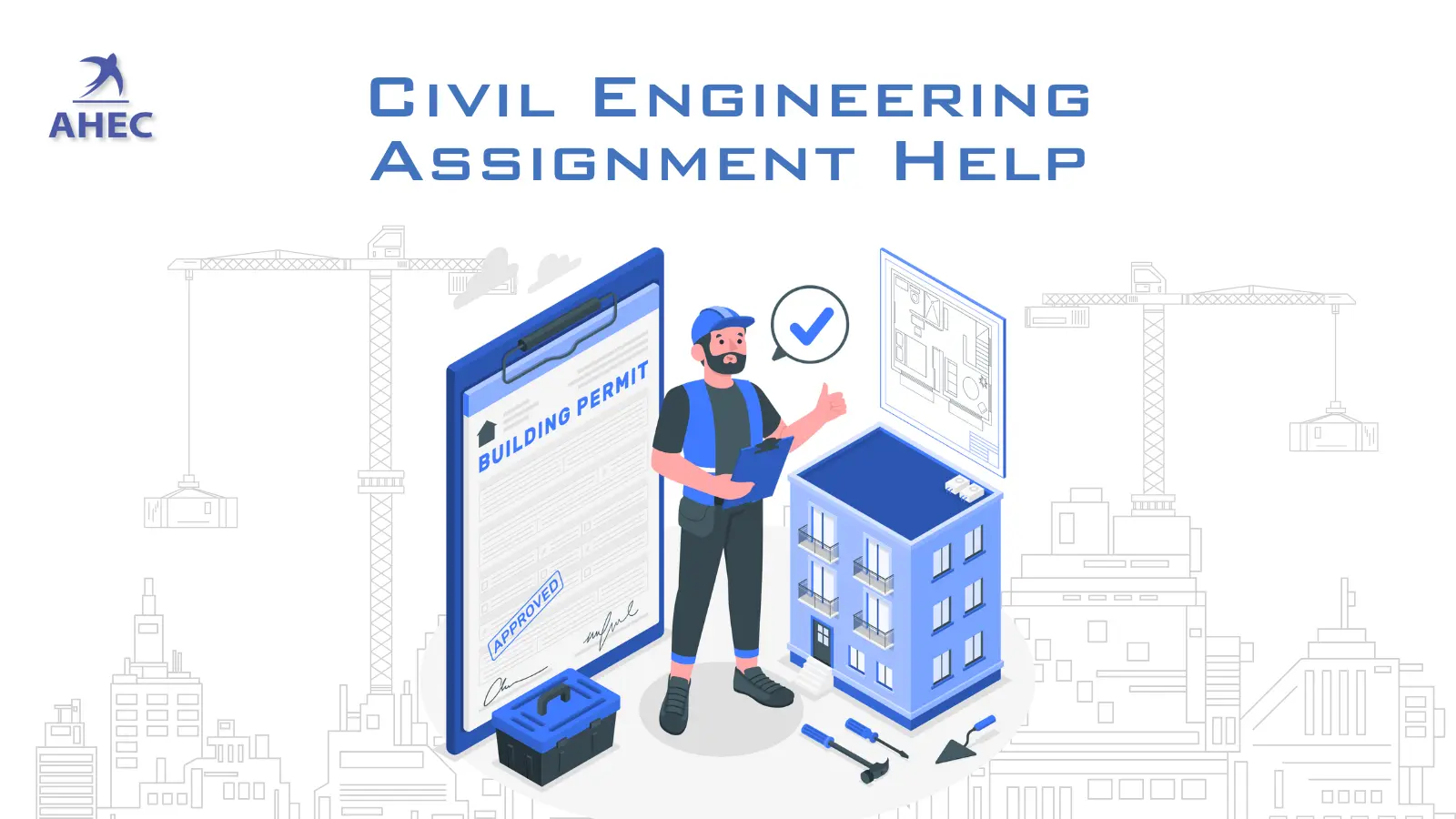Plagiarism is a scary thing for students because it can lead to very harmful actions that can easily ruin a student's future with the help of copied assignments that individuals do to save time and also do things that they should not be doing that can be harmful for their future as professionals. And in this article, we will go over the topic of plagiarism in great detail, as well as the consequences, the reasons for the plagiarism, and the suggestions to avoid plagiarizing work.
Plagiarism: What is it?
You may be wondering why it's important to learn about plagiarism, given how damaging it can be to your academic career. In this article, we'll take a closer look at what plagiarism actually is—specifically, the act of appropriating another person's words, ideas, or work and passing them off as your own. Plagiarism is a topic that is receiving a lot of attention these days. Be conscious of the fact that stealing or copying the creative work of another person constitutes a form of disappearance, as the name "plagiarise" comes from the Latin word "plagiarius," which means "kidnapper." And as we observe the plagiarism in academic that is going wide day by day, we can comprehend it by observing that when a student or scolar get caught in plagrims, that is the disginest of academic as well as an acedmic crime that from you should be staying away from. And finally, plagiarizing someone else's work is an awful practice that you should steer clear of at all costs.
The Consequences of Plagiarism
Since this is obviously plagiarized work, you should be prepared for the consequences. You should avoid plagiarizing because of the negative outcomes you will experience; some of these outcomes are described below.
- Failure in whole course
- Lower grades
- Warning
- Reputation
Failure in the whole course
If a professor or institution finds out about your work and determines that you have attempted fraud, they have the authority to give you a failing grade or kick you out of school entirely. The time you save by not having to physically copy and do the job yourself means nothing if you end up having to try again, which might cost you a lot of money and take up to a year of your life.
Lower grades
It's common knowledge that if a professor catches you plagiarizing, he or she will punish you severely. Even if you put in a lot of time and effort to complete the assignment properly, it won't matter if you get a low grade or a failing grade; you'll still feel like a failure.
Warning
Universities can issue formal or informal warnings about plagiarism through many channels. It can affect your scholarship, too, and it can have far-reaching effects on your career.
Reputation
After committing this kind of crime, you could be embarrassed in front of your whole class and friends. This is the worst thing that could happen as a result of copying.
Understanding the Reasons Behind Plagiarism
Students often turn to dishonest practices in order to finish their assignments, but they are often unaware of the potential risks involved in doing so. The following are a few of those dishonest practices; have a look at them, and be aware that they exist.
- Lacking in research
- Time managment
- Perfection
- lack of interest in the subject
Lacking in research
If you haven't done enough study or don't know what to do or how to do research, you might be more likely to do this kind of pointless thing. And since they lack the research skills, they don't even ask anyone to help them out of fear, which is a major reason why they try to do the plagrism work.
Time managment
If you want to get things done on time, you need to learn how to manage your time effectively. But it's not good to be without such knowledge for any reason. One reason people plagiarize is that they feel pressured to complete their assignments quickly.
Perfection
Because of their obsession with achieving perfection, students who plagiarize often stay up late working on their assignments in the hopes of turning in something that looks like a work of art.
Lack of interest in the subject
A student's lack of interest in a subject might be troublesome since without interest, they are unlikely to conduct thorough research or make serious attempts at completing their assignments, increasing the likelihood that they will turn to fraud.
Tips to Avoid Plagiarism
In addition to the causes and consequences of plagiarism, there is also a treatment for the problem, which we will discuss in the next step. In the meantime, if you wish to stay clear of plagiarizing your own work, consider the following advice.
- Start early
- Doing research earlier
- Taking notes
- Adding References
Start early
If you get a head start on your task, you'll have more time to plan out each phase of the assignment's creation process. In addition, getting a head start allows for more efficient time management.
Early research
Research is the foundation of any project, so it pays to do it right and give yourself enough of time to do it. If you succeed in doing this, you can be assured that you won't make any initial mistakes.
Taking notes
Taking notes, regardless of whether they are for an online class, a college lecture, or the research process in general, will be of great use to you. Also, when you are reading the brief, taking notes on the citation style, the deadline, and other relevant information can be helpful for avoiding plagiarism.
Adding References
Citing sources correctly shows originality, acknowledges the work of others, and indicates excellent academic behavior. To avoid plagiarism, simply reference your own work.
Conclusion
Here, we learn not only what plagiarism is and how to prevent it, but also the root causes of this phenomenon and effective cures. Make sure you get started easily, as this is the simplest approach to preventing any form of repetition from happening.




















